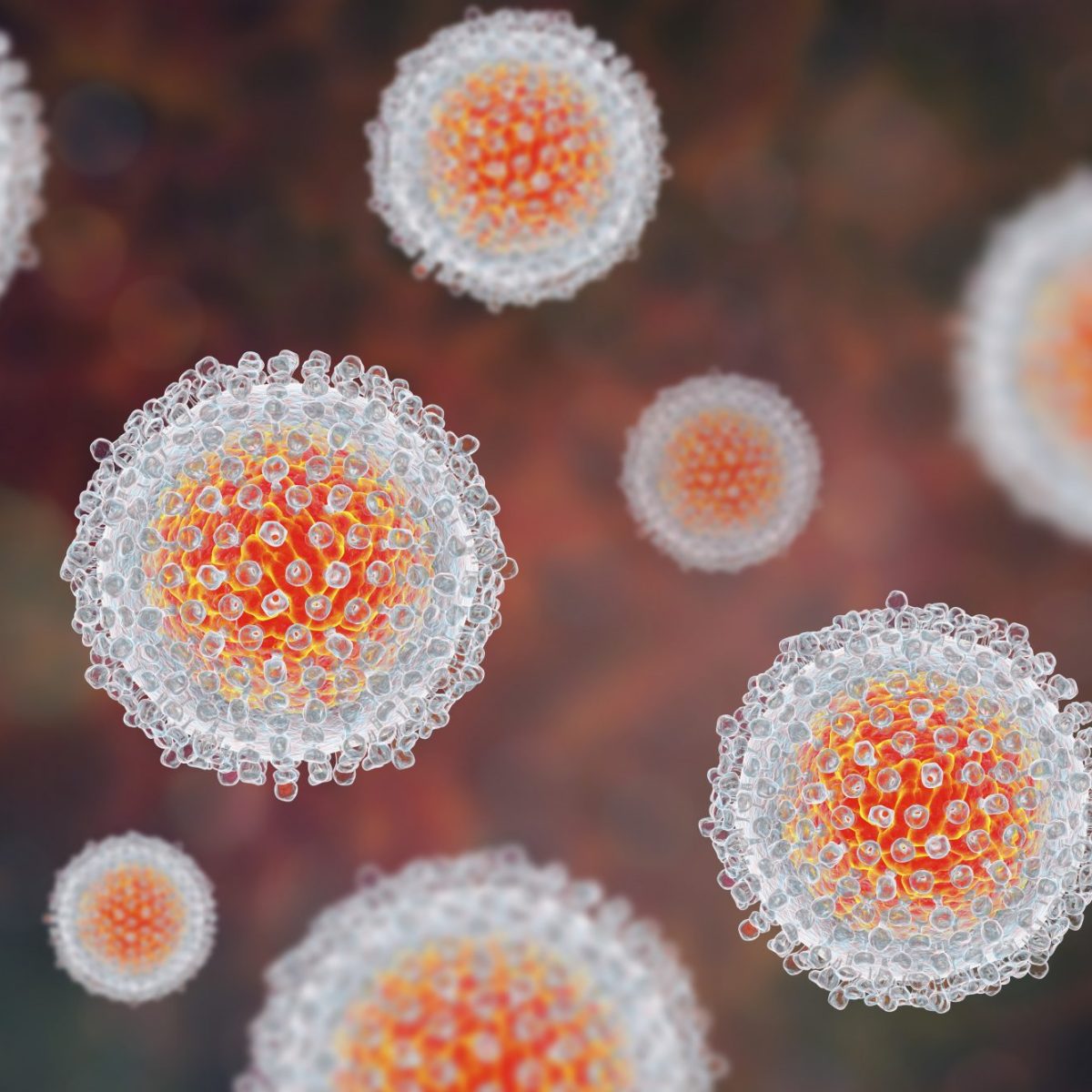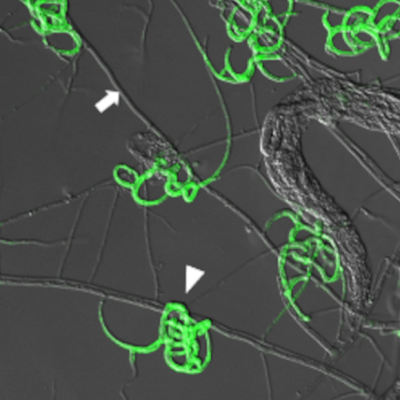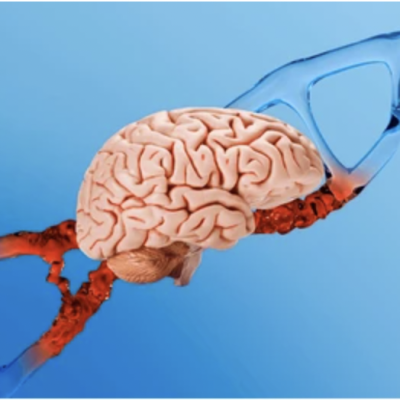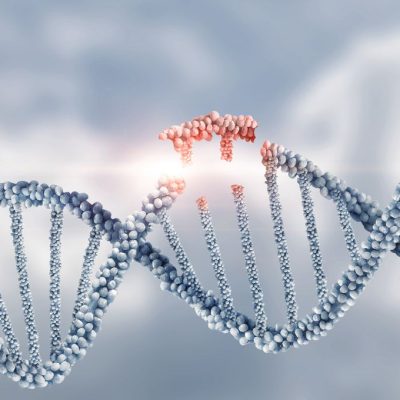Millions of years ago, our DNA encountered viral contamination, resulting in the exchange of genetic material among proteins crucial for long-term memory formation. This viral DNA, now embedded in the genomes of plants and animals, has been found to play a role in cellular communication, as revealed by recent research.
Two independent research groups investigated this phenomenon, focusing on extracellular vesicles—small, ball-shaped components of cell membranes that drift between cells. Neurons releasing these vesicles, which contain the Arc gene facilitating nerve cell communication, were observed. Mice lacking Arc experienced difficulties in forming long-term memories.
Upon studying the Arc gene in mice and flies, researchers discovered its similarity to a viral gene called gag, used by the human immunodeficiency virus for assembling the protective envelope of viral genetic information, known as the capsid.
The vesicle carrying messenger RNA (mRNA) encoded by the Arc gene serves as a unique means of genetic instruction exchange between cells. This unconventional function sets it apart from other non-viral proteins. The receiving neuron utilizes the mRNA to construct a new “capsid,” releasing it afterward.
These vesicles, believed to contain Arc, play a role in the formation and dissolution of connections between neurons, contributing to the development of the animal’s nervous system, adaptation to new environments, and memory retention.
The remarkable similarity between the Arc genes of flies and mice suggests a fundamental aspect of their function. Researchers hypothesize that viral genes may have evolved from two distinct retroviruses that integrated their genes into the animal genome at different times. Ongoing studies aim to delve deeper into this intriguing communication mechanism, considering the presence of approximately 100 gag-like genes in the human genome, hinting at the prevalence of this cell communication method.










